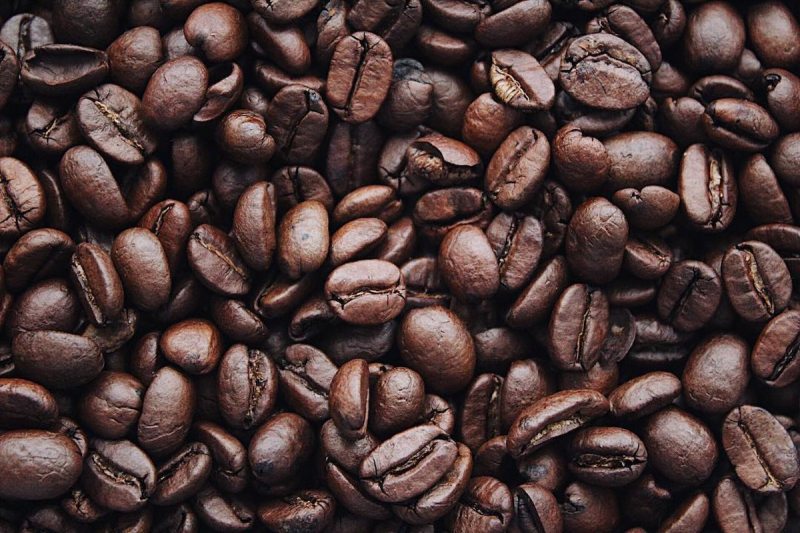Most of us begin our day with a rich and steamy, piping-hot cup of coffee, without giving much thought to the beans’ journey from the farm into our favorite mug. Sure, we can do our best to shop wisely, and frequent smaller, local, more environmentally friendly purveyors, but it’s hard to do all the time. We can do our best, but at the end of the day, being earth-conscious of every single thing we put in our grocery carts can get pricey and, frankly, inconvenient. That’s why we love it when the big dogs of the grocery world do something right when it comes to the planet. And Nestle’s plan is one we can all get on board with.
Nestle, the world’s largest packaged food company, and owner of the tremendously popular Nestle coffee brand Nespresso, is switching things up when it comes to practices that will help not only their business, but our planet, and the farmers who work tirelessly for those delicious Nescafé coffee beans.

Last year, the coffee giant announced its Nescafé Plan 2030, which included plans to not only increase farmers’ income, but create better social conditions as well. Nestlé revealed its plan to invest over one billion Swiss francs in the next seven years in an effort to focus on creating more sustainable coffee, emphasizing more environmentally friendly farming practices and incentives for farmers. Working together, Nescafé and coffee farmers in Brazil, Vietnam, Mexico, Colombia, Côte d’Ivoire, Indonesia, and Honduras are testing multiple regenerative agriculture practices and their effectiveness on things like reducing greenhouse gas emissions in each individual country.
David Rennie, Head of Nestlé Coffee Brands, said at the time, “Climate change is putting coffee-growing areas under pressure. Building on 10 years’ experience of the Nescafé Plan, we’re accelerating our work to help tackle climate change and address social and economic challenges in the Nescafé value chains.”
Of course, announcing a plan like that is one thing. Whether or not it works is a whole other story. The company recently published the Nescafé Plan 2030 Progress Report, so you can see exactly how well they’re doing.
- Last year, trainings on regenerative agricultural practices reached more than 100’000 farmers in 14 countries.
- 1.4 million trees were planted in and around coffee farms that supply coffee to the company, designers to prevent coffee’s over-exposure to the sun (in addition to creating an additional revenue stream for farmers).
- Nescafé distributed 23 million disease and drought-resistant, high-yield coffee plantlets in an effort to rejuvenate coffee plots, increase productivity, and reduce the use of agrochemicals.
The company is also piloting financial support schemes designed to help farmers transition to sustainable practices. This includes both conditional cash incentives to encourage and reward regenerative agriculture, as well as weather insurance schemes designed to combat the effect of climate change on farmers. Some 3,000 coffee farmers in Côte d’Ivoire, Indonesia and Mexico, are part of this program. (Coffee farmers in these countries typically don’t earn enough for a living income.) The pilots are ongoing, but the company says it’s “seeing encouraging results and strong farmer engagement.”
Yustika Muharastri, monitoring and evaluation manager from the Rainforest Alliance, said, “The Rainforest Alliance works with the Nescafé team to monitor and assess their efforts through the Nescafé Plan. We have observed encouraging trends, including improved incomes in some countries, and increased adoption of important regenerative practices, such as integrated weed and pest management.”




